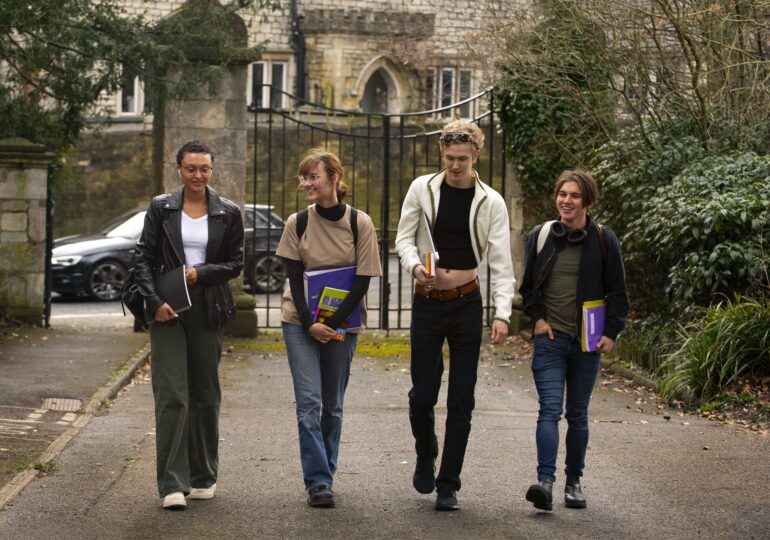International students at Harvard say they are living in „sheer panic” after the Trump administration announced a measure to revoke foreign enrollment, which could invalidate their visas, suspend their research, and ban their return to the US if they leave the country this summer.
A federal judge temporarily suspended the decision after Harvard, the oldest and wealthiest university in the US, sued the government. The university argued that the revocation of its accreditation from the Student and Exchange Visitor Program was a „clear retaliation” for rejecting ideologically imposed policies by the administration, according to CNN.
Nevertheless, thousands of foreign students remain in uncertainty and are "visibly, extremely scared," said Abdullah Shahid Sial, co-chair of the Harvard student organization, originally from Lahore, Pakistan.
He himself does not know if he will be able to return to the US or continue his studies.
"We don't know if we can stay anymore"
"Right now, I'm not sure if I can attend the next semester," Sial said from Japan, where he is traveling after the session.
The situation particularly affects young people far from home, facing a legally challenging crisis even for lawyers to manage.
President Donald Trump maintained pressure over the extended weekend, demanding on Truth Social the "names and countries" of all international students at Harvard. The request surprised Sial, as the government already holds such a database.
Harvard challenges the legitimacy of requests
In the new lawsuit, Harvard argues that it responded to detailed information requests from the Department of Homeland Security, but many of the requests lack a clear legal basis.
Approximately 27% of Harvard students are international - 6,793 students from nearly all countries in the world.
"Harvard is what it is because of its ability to attract the best people in the world," says Sial. "They are treated as worthless objects."
Sial is working with the university to help students transfer and maintain their scholarships, but the transfer deadline for fall has already passed in most cases.
"We are pawns in an ideological battle"
Karl Molden, an Austrian student, says he feels used in a battle between democracy and authoritarianism. Accepted at Harvard with great effort, he now does not know if he will be able to return.
A postdoctoral Israeli student says that Jewish students are "used as pawns" by the Trump administration, accusing the university of hostility towards Jews and racist diversity practices.
Although acknowledging the existence of anti-Semitism, she argues that the administration is actually targeting dissenting views against the government.
Another Israeli master's student says it is crucial for Jews to stand firm in their beliefs in the American academic environment, especially in the current context.
Researchers seek academic refuge
An Australian student, anonymous due to the risk of visa refusal, says it is "incredible" that researchers are being punished for campus activism, even though they do not participate in protests. She is considering transferring to the UK.
Students like Fangzhou Jiang (China), in their second year at the Harvard Kennedy School, mention extensive risks: rent, career, legal status, families. "No one knows what's next."
For some, returning home is impossible
For Maria Kuznetsova, a former spokesperson for the Russian NGO OVD-Info, returning to Russia is out of the question. She risks losing her approved work visa.
"I don't even know geographically where I could go," she says.
Students from Ukraine, Venezuela, Afghanistan, Palestine, and even North Korea are in the same situation.
Ivan Bogantsev, also from Russia, says he does not know if his wife will be allowed to enter the US for his graduation. "It is guaranteed that we will witness a brain drain," he warns, mentioning that he cannot return to Russia due to detentions and friends labeled as "traitors."
Leo Gerdén, from Sweden, is preparing for graduation, but says "Harvard will not look the same" without international students and researchers.
"We are being used as poker chips in a political conflict."

